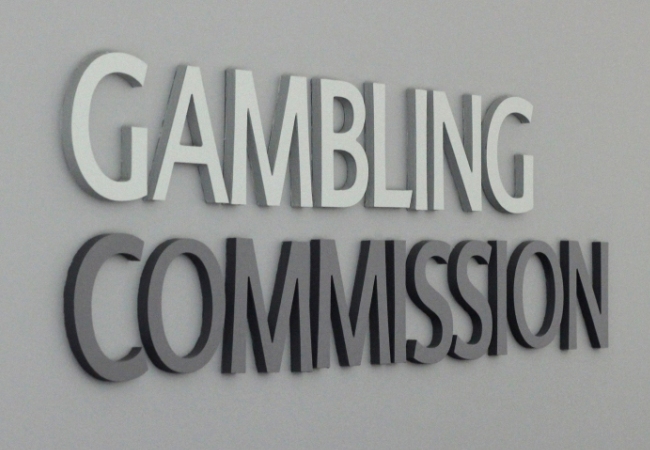The UK Gambling Commission has revealed the reasons behind its decisions to suspend Matchbook’s licence.
The Gambling Commission has revealed the details of Matchbook operator Triplebet’s licence suspension, highlighting several serious regulatory failings.
This news comes after the Commission suspended Triplebet’s licence on 17 February 2020 after conducting a two-year review of the operator. The Commission’s report highlights several failings in the areas of anti-money laundering (AML), social responsibility and due diligence check into syndicates.
Triplebet’s AML failings
In its report, the UK regulator detailed several examples of players who did not receive sufficient AML interaction from the operator. The Commission highlighted one case where a player staked more than £2 in a single day without facing any source of wealth or source of funds checks. The operator also failed to conduct AML checks on another user who deposited and withdrew a large sum of money on the same day without gambling it. Matchbook did not monitor or interact with this user.
The regulator highlighted another instance where the operator failed to conduct any enhanced due diligence or source of funds checks on a player who lost $714,000 over a year before the Commission raised concerns that the funds may be linked to family members who had been convicted of gambling-related offences.
Triplebet argued that some or all of the players were professional gamblers who are a known low-risk capacity for money laundering. However, the operator could not provide evidence to support this claim.
The report also highlighted that for the ten customers who gambled the most on the Matchbook sports betting exchange, only basic identity and address check were carried out. Risk profiles and source of funds checks were not carried out and there is no record of the operator interacting with these users.
According to the report, Triplebet failed to set out objective criteria for reclassifying a player’s money laundering risk level or specify enhanced due diligence AML measures for high-risk players. On top of this, the operator also failed to provide guidelines when for when a source of funds check should be carried out and the process for recording these checks was not adequate.
Triplebet also allowed account-to-account money transfers to take place, which according to the Commission, was “an obvious risk for money laundering.”
The Commission’s report states that between November 2014 and May 2018, roughly £3.2m and $2.4m was transferred from British customers to customers located elsewhere, with £1.1m and $1.8m moving the other way. Triplebet was unable to produce records of an account-to-account transfer being refused.
Although the operator said it did not find evidence of money laundering, the regulator said that this did not mean the Licence Conditions and Codes of Practice (LCCP) in this area weren’t violated.
Social responsibility failings
The Commission’s report also highlighted several instances where the operator failed to uphold its social responsibility. The regulator highlighted the example of a player who gambled a “large sum” of money for several hours a day and late at night over consecutive days. The operator failed to interact with this customer.
Another player who self-excluded was able to reopen his account six months later, played for 10 hours a day on consecutive days and went on to lose a significant amount of money before self-excluding again. Triplebet also failed to produce evidence of carrying out due diligence for another player who lost $714,000 in a year.
The Report pointed out that one of the operator’s largest customers was a syndicate, and the main contributor held a “beneficial interest” in the company. According to the report, this syndicate staked more than $55m on the Matchbook exchange without a documented risk assessment.
According to the Commission, when Triplebet was asked to produce its social responsibility policy, the operator could only produce a customer-facing document, not the internal document required in the LCCP.
It was these failings that prompted the Commission to conduct a review of the operator’s business practices. The Commission did acknowledge that by June 2018, Triplebet had adopted an “effective” responsible gambling policy. However, the operator failed to adopt all recommendations by the time of the licence hearing in late January after deciding to implement the recommendations in phases. This is what led to the suspension of Triplebet’s licence.
In its ruling, the Commission said the operator’s licence will remain suspended until it can prove it has implemented the measures required by the regulator. On top of this, Triplebet will have to pay a fine of £740,000.
Gambling Commission chief executive Neil McArthur said: “We have repeatedly made it clear that operators must put player protection at the forefront of their activities and ensure that they have effective anti-money laundering processes in place.
“We will not hesitate to use our regulatory powers, including the suspension and revocation of licences, if we need to do that to protect consumers and the public from gambling-related harm.
“Any operator that doubted that we were ready and willing to use the full range of our regulatory powers should think again. All operators need to learn the lessons from this case and our other enforcement cases.’’






